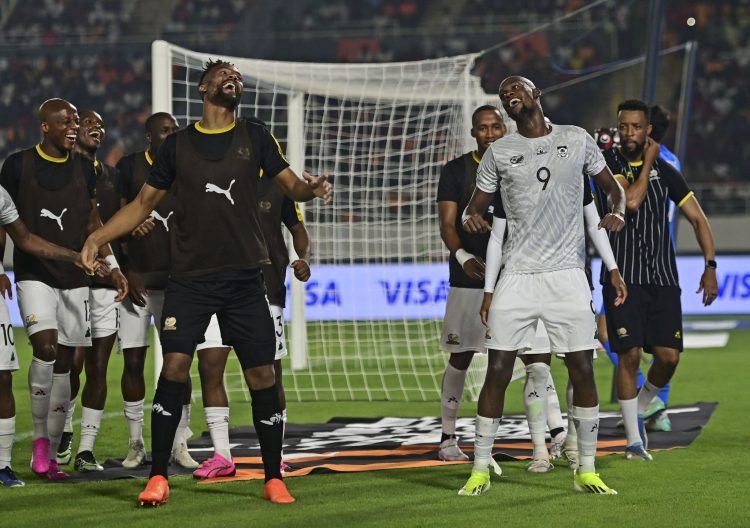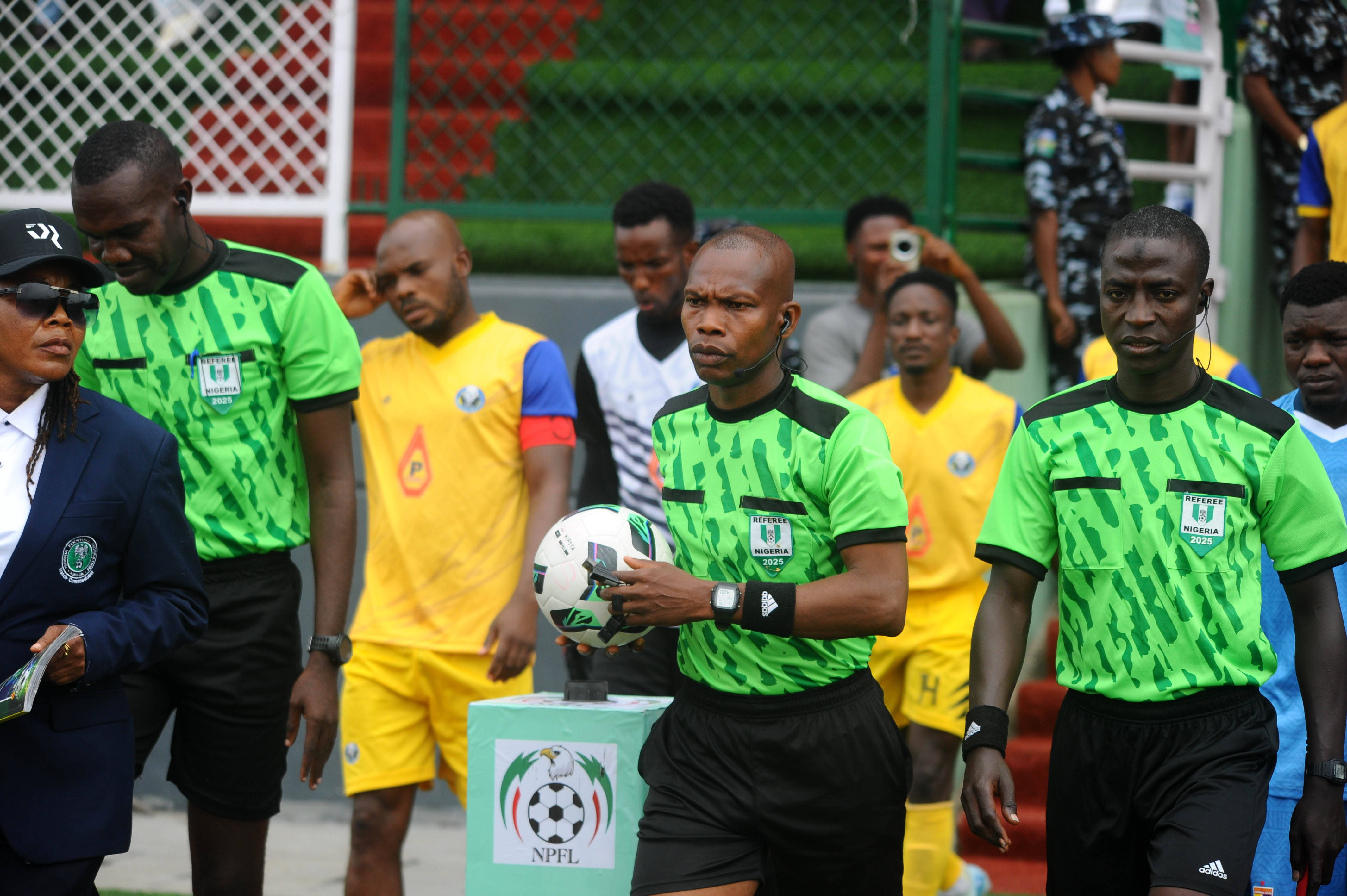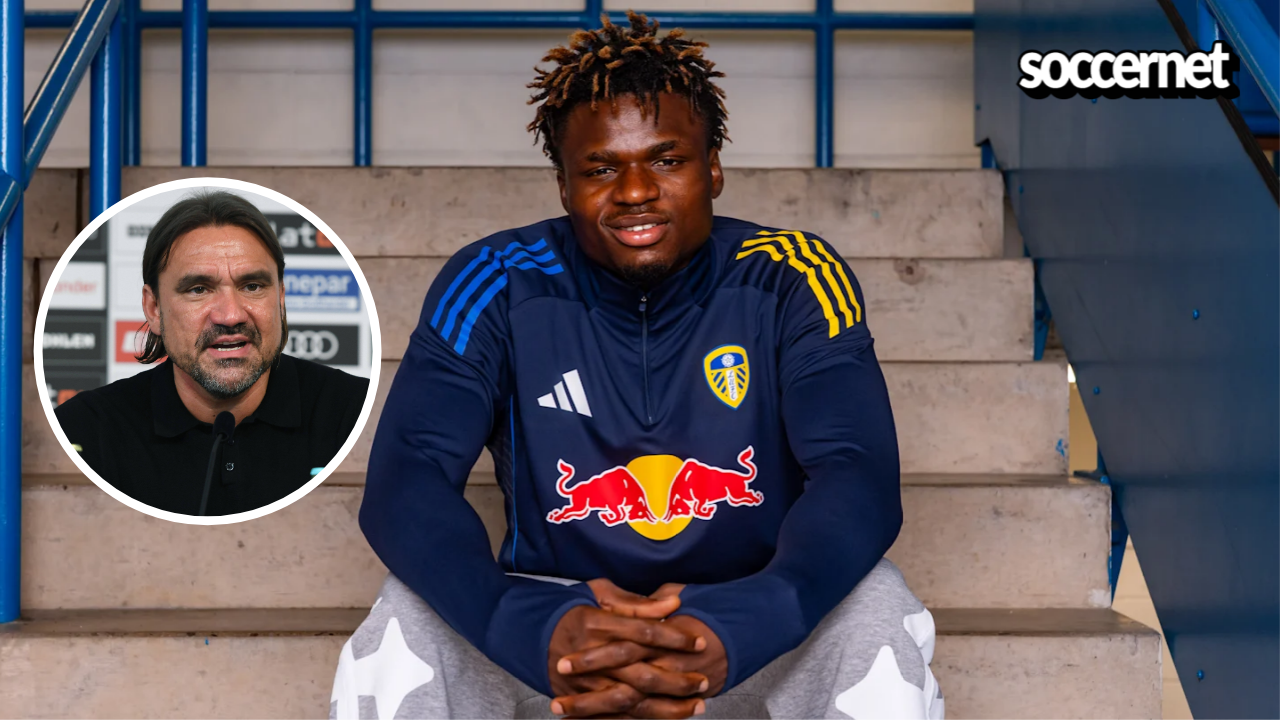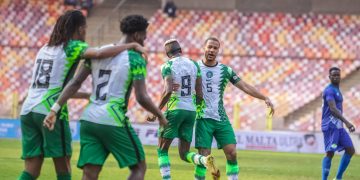South Africa's football powerhouse, Mamelodi Sundowns, has been instrumental in the national team's recent success, Soccernet.ng reports.
The 13-time Premier Soccer League club contributed significantly to South Africa's advancement to the quarter-finals of the 2023 Africa Cup of Nations tournament, boasting nine players in the current national team that recently defeated Morocco.
The Brazilians, led by astute coaches like Pitso Mosimane and Rhulani Mokwena, alongside top-quality players, have established themselves as a dominant force in South African football.
The club's success in domestic leagues and notable achievements in continental competitions, including the CAF Champions League and being the first South African team to participate in the FIFA Club World Cup, have elevated the standard of football in the country and the entire African continent.
Key players from Sundowns, especially those representing the national team, bring invaluable experience from high-stakes competitions.
Following their loss to Mali in the 2023 AFCON tournament, standout Mamelodi Sundowns players, Themba Zwane and Thapelo Maseko, played pivotal roles in a joint three-goal performance during their crucial 4-0 victory against Namibia.
This victory secured a key three points for their progress from Group E, showcasing how the experience gained at the club level translates into a winning mentality for national team success at the AFCON.
In contrast, the absence of players from the Nigerian Premier Football League (NPFL) in Nigeria's national squad has sparked debate.
Despite Nigeria's historical production of world-class players domestically and internationally, the current lack of NPFL representation in the current national team squad is evident.
Factors such as perceived differences in the level of competition and exposure between the NPFL and other leagues are reported to have contributed to this gap.
While the NPFL undoubtedly possesses talent, the limited representation of its players on the national team raises questions about scouting, development, and integration processes.
However, there is an emphasis on the need for a more comprehensive approach to harnessing talent from the domestic league, providing exposure, and ensuring a seamless transition to the national team setup.







One aspect I appreciate about Elements Casino Surrey is the variety of payment options available, making transactions smooth and hassle-free. As a Canadian site, it supports methods like Interac, Visa, and Mastercard, catering to a wide range of preferences. This convenience allows me to focus on enjoying the games without worrying about payment issues.